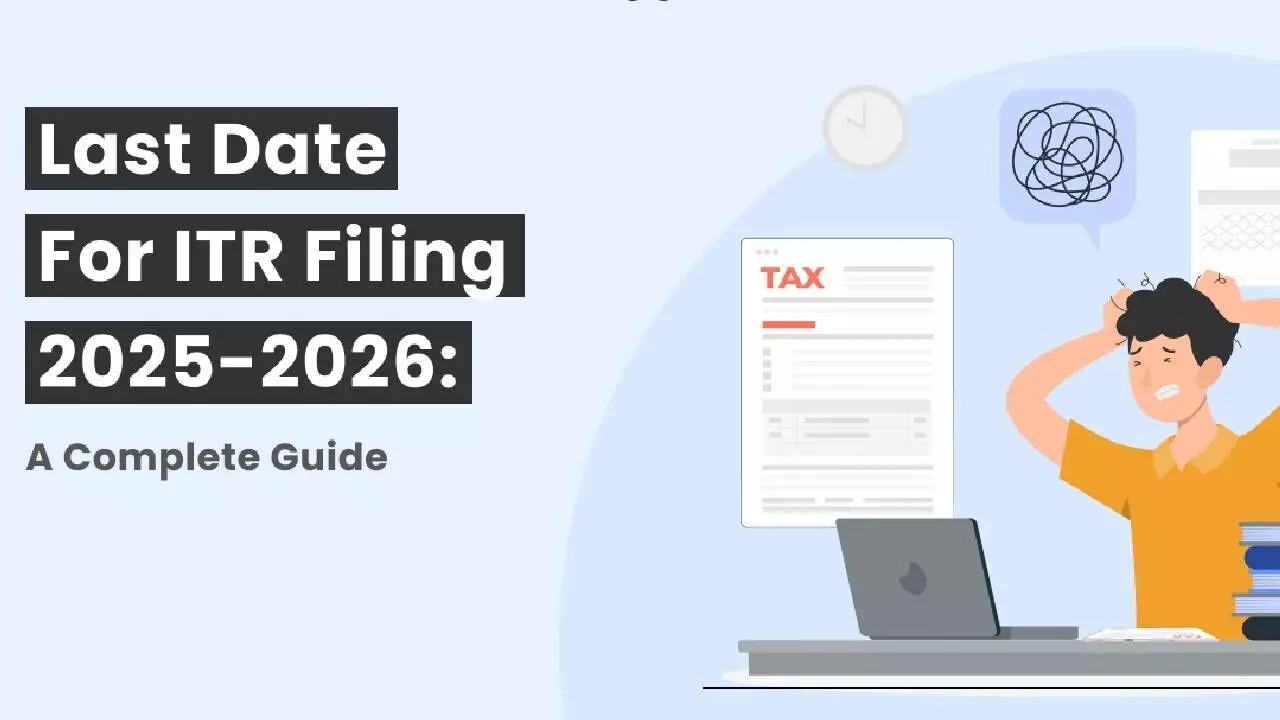ITR Filing 2025-26: Minimum Income Required to File Income Tax Return in India
ITR filing 2025, minimum income to file ITR, income tax return India, ITR rules 2025, new tax regime 2025, old tax regime India, ITR exemption limit, ITR mandatory conditions, income tax 2025-26, tax filing India
ITR Filing 2025-26: Minimum Income Required to File Income Tax Return in India

Not every individual in India needs to file an Income Tax Return (ITR). Whether or not you’re required to file depends on your total taxable income, age, and the tax regime you choose.
✅ Basic Income Limits for ITR Filing (AY 2025-26)
Under the Old Tax Regime:
Below 60 years: ₹2.5 lakh
Senior Citizens (60–80 years): ₹3 lakh
Super Senior Citizens (80+ years): ₹5 lakh
Under the New Tax Regime:
The basic exemption limit is ₹3 lakh for all individuals
As per the Union Budget 2025, the exemption limit has been raised to ₹4 lakh in the new tax regime (to be effective for FY2024-25)
🛑 When You MUST File ITR — Even if Income is Below Exemption Limit
You are mandatorily required to file ITR if you meet any of the following conditions:
Savings Account Deposits: ₹50 lakh or more
Current Account Deposits: ₹1 crore or more (not applicable to businesses)
Annual Sales Turnover: Above ₹60 lakh
Professional Income: Over ₹10 lakh in a year
Electricity Bill: Total exceeds ₹1 lakh annually
TDS/TCS Deducted: ₹25,000 or more (₹50,000 for senior citizens)
Foreign Assets: Holding or benefiting from foreign property or bank accounts
Foreign Travel: Expenses exceed ₹2 lakh
💡 Why File ITR Even If You’re Not Required?
To claim TDS refunds
To carry forward losses
To avail loans and visas, where ITR proofs are needed
To build a strong financial record
Bottom Line: While many individuals may not fall under the mandatory ITR filing bracket, filing voluntarily can provide financial and legal advantages.

